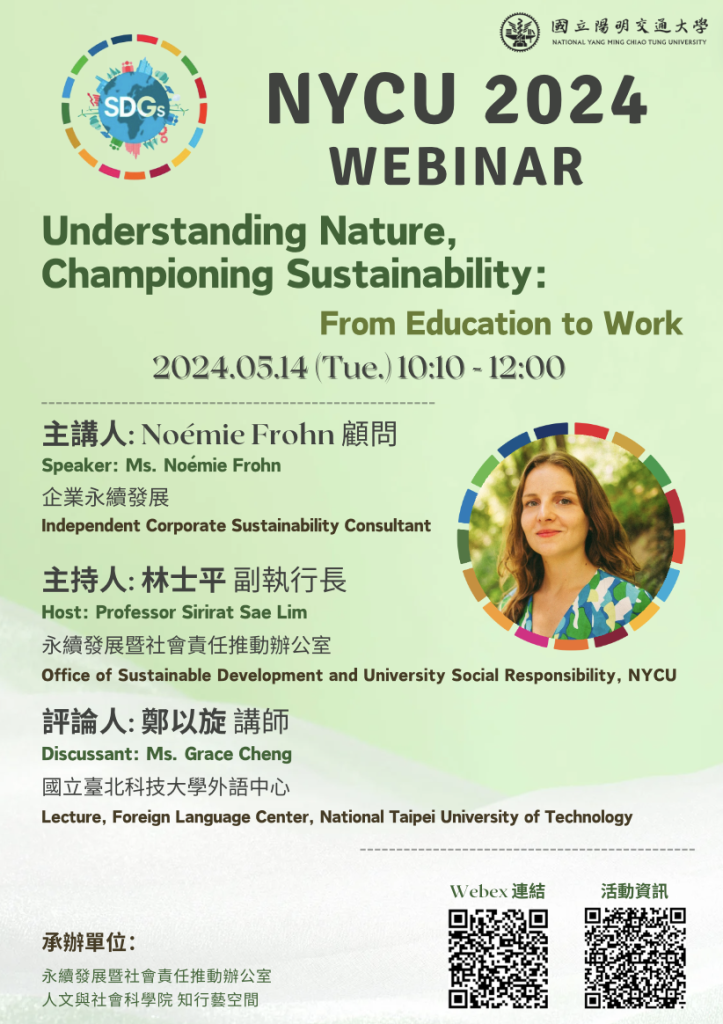書名:一分為二:現代中國政治思想的哲學考掘學 作者:劉紀蕙
內容簡介 中文簡介 本書以唯物辯證與哲學考掘學的方法論,從毛澤東著名的「一分為二」論點切入,檢視現代中國政治思想的複雜脈絡。 全書分12章,四個部分。 第一部分梳理從黑格爾、馬克思、列寧到毛澤東的「一分為二」的論述轉型,並以楊獻珍「一分為二」的哲學事件所反映出1950、1960年代多重決定的時代脈絡,說明冷戰時期複雜的對抗性結構,以及思想革命轉化為思想鬥爭的絕對化過程。 第二部分以1970年代儒法鬥爭事件作為思想分歧「一分為二」的典型範例,以此事件作為哲學考掘學的標記與索引,討論中國思想史中幾次儒教復興背後的政治經濟因素,以及貫穿中國歷史的「規範性治理範式」與「解放性批判政治」的對立模式。 第三部分繞道西方,說明當代漢學家如朱利安與畢來德等人針對中國思想所提出的「空」與「無」的論述,為何並無法掌握法家與道家最為激進的批判政治力量。本書指出,1968年前後受到毛澤東「一分為二」啟發的當代思想家,包括阿圖塞、洪席耶、巴里巴爾以及巴迪烏等人,如何以唯物辯證的方法論,持續回應當前社會的難題。 第四部分重返中國政治思想,以晚清章太炎的政治理念,作為對於當代仍有啟發意義的「解放性批判政治」代表。本書認為,章太炎強調萬物各有時分、與時差異、文之轉化代無定型,以及法不過三代,而提出春秋的「譏上變古易常」原理,具有嚴格意義上的唯物辯證與批判政治史觀。 作者:劉紀蕙 國立交通大學社會與文化研究所講座教授,國立交通大學文化研究國際中心主任,台灣聯合大學系統亞際文化研究國際學程總主任。 著有《心之拓樸:1895事件後的倫理重構》,《心的變異:現代性的精神形式》,《孤兒‧女神‧負面書寫:文化符號的症狀式閱讀》,《文學與藝術八論》,《文學與電影:影像‧真實‧文化批評》。 譯有《拉岡精神分析辭彙》(Dylan Evans, An Introductory Dictionary of Lacanian Psychoanalysis)(劉紀蕙、廖朝陽、黃宗慧、龔卓軍合譯),《歧義:政治與哲學》(Jacques Ranciere, La Mesentente: Politique et philosophie)(劉紀蕙、林淑芬、薛熙平、陳克倫合譯)。 One Divides into Two: Philosophical Archeology of Modern Chinese Political Thought Publication Date|2020-3-27 Authors|Joyce C.H. Liu Press|UNITAS Publishing ISBN|9789570854763 Synopsis One Divides into Two: Philosophical Archeology of Modern Chinese Political Thought One Divides into Two: Philosophical Archaeology of Modern Chinese Political Thoughts is composed of 12 chapters. This book presents an archaeological and topological study of modern Chinese political thoughts. The author analyzes its recurrent paradigms of the normative governmentality in the discursive syncretism of Confucianism and Legalism. Part I traces the transformation of the concept of materialist dialectics through the term "One-Divides-into-Two" from Hegel, Marx, Lenin, and Mao Zedong. The discussion of this part focus on how the dialectic movement implied in this concept is fixated on the rigid dichotomization of enemy-friend opposition during the Cold War period. The case of Yang Xianzhen is exemplary in the paradoxical turn of the transformation that demonstrates the Sinification of Marxism in its worst form. Part II focuses on the philosophical debates on the incident of the "Struggle between Confucianism and Legalism." The author takes the discussions as markers and indexes that point to the different paradigms of emancipation in the history of Chinese political philosophy. The paradoxical turn of the path is implicated both by the local and the global political conditions in the Cold War period. Part III takes a detour and moves on to contemporary European thinkers on the concept of the void, nothingness, and one-divides-into- two. The author points out that sinologist such Francois Jullien and Jean Francois Billeter, though familiar with the Daoist philosophy, missed the radical and critical forces in Zhuangzi's thought. European thinkers influenced by Mao Zedong during the 1960s, including Louis Althusser, Jacques Ranciere, Etienne Balibar, and Alain Badiou, inspired by Mao's one-divides-into-two, persist in their path of materialist dialectic and critically address contemporary aporia of local and global societies. Part IV concentrates on the political thoughts of Zhang Taiyan and discusses the critical tradition in Chinese political ideas as exemplified by him. The author points out that the emancipatory politics of critical thinking, demonstrated by Zhang Taiyan, presents significant implications for contemporary societies.

【Webinar】Understanding Nature, Championing Sustainability : From Education to Work
05/14(二) 10:10【Webinar】講題Title為:「Understanding Nat
SDGs:
4




